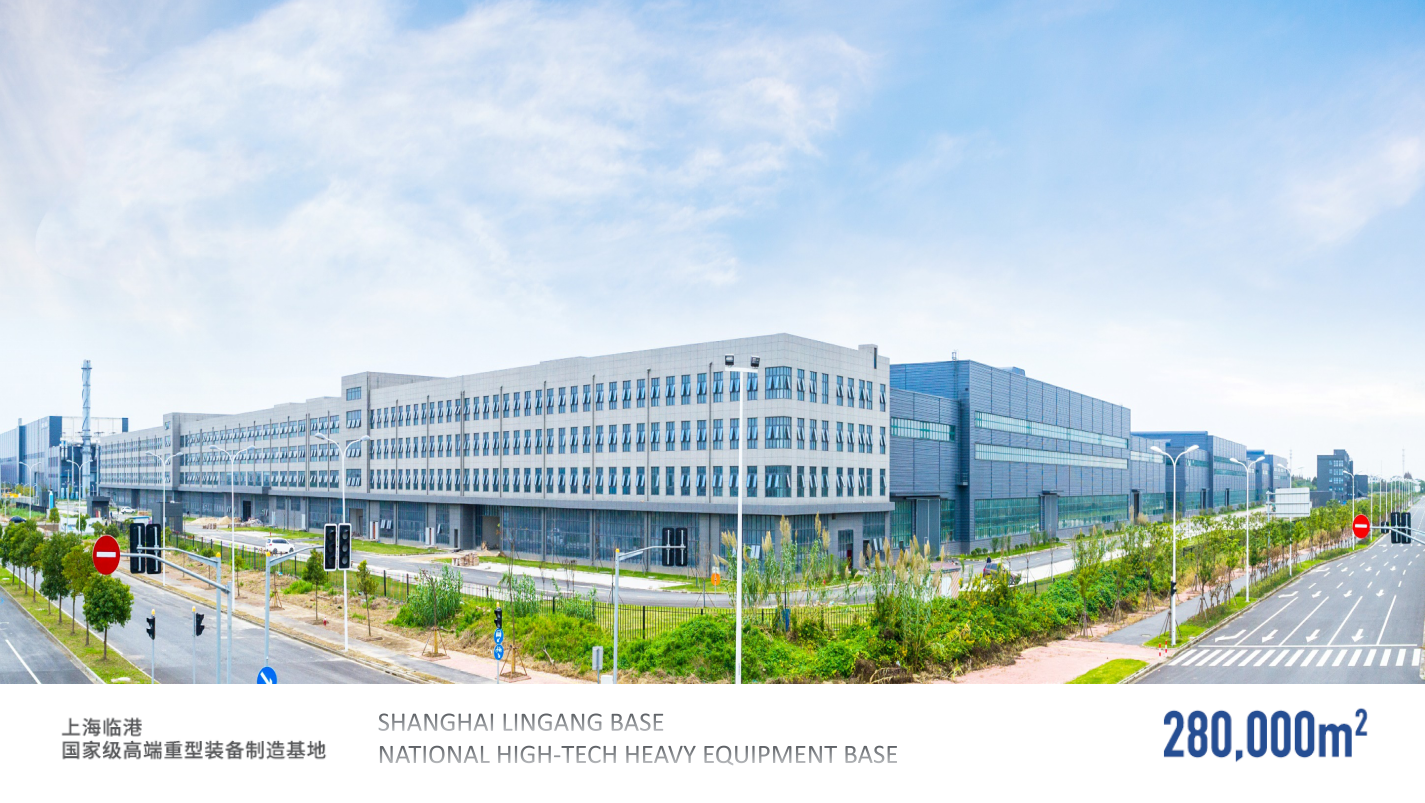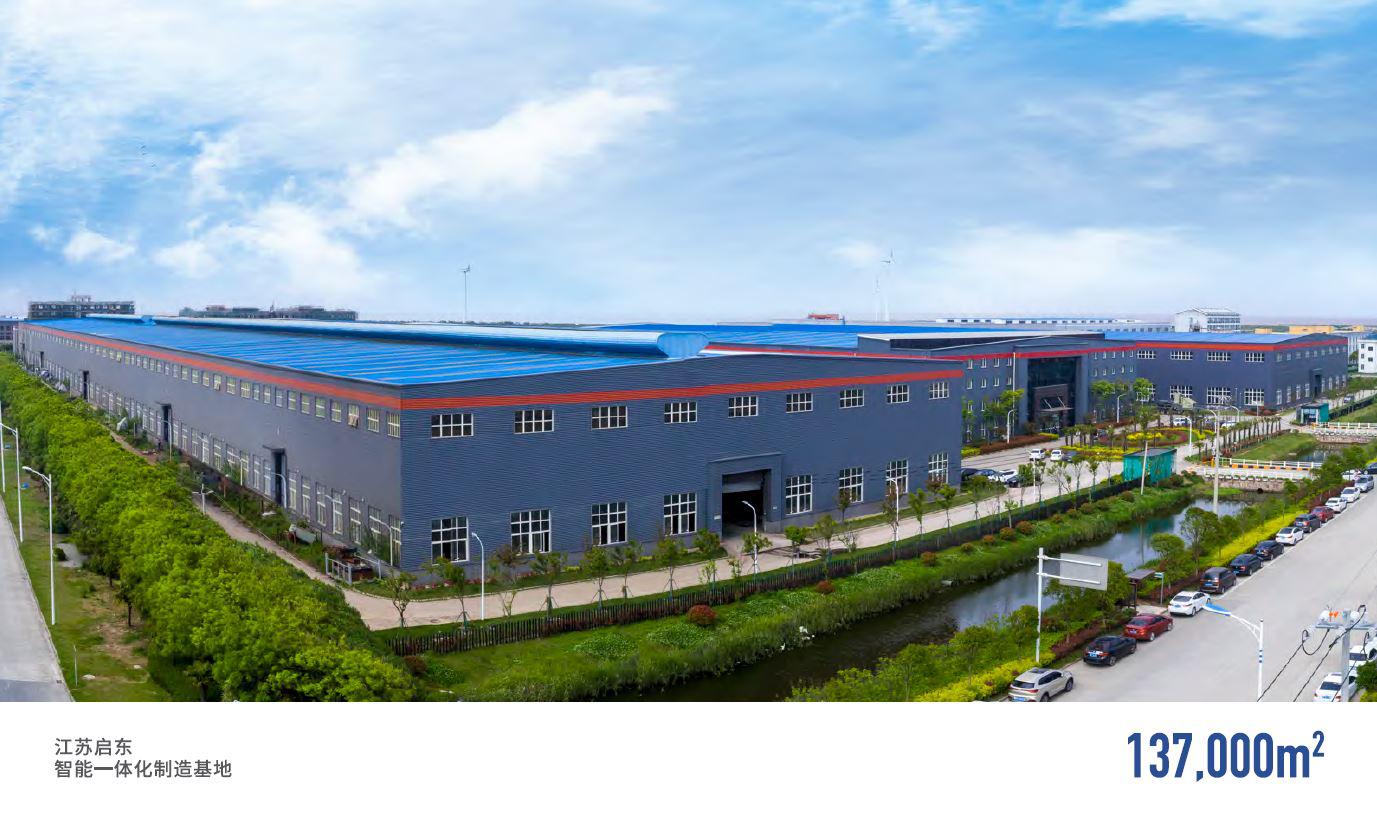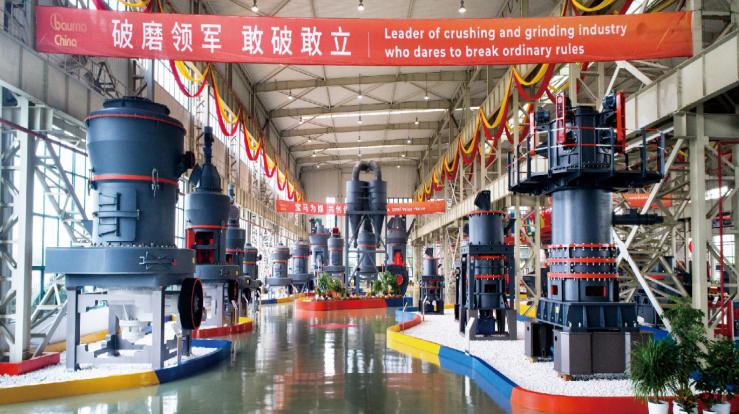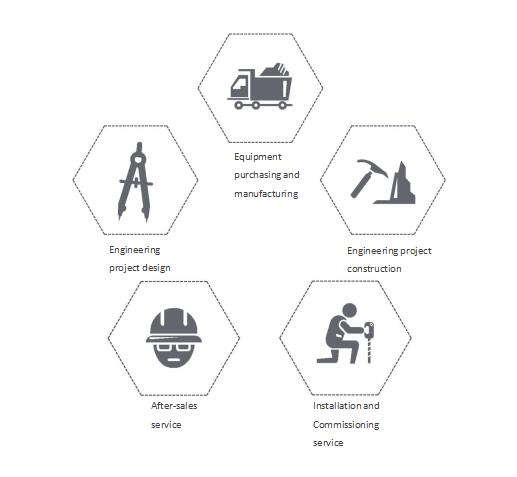The products of Shanghai micro powder technology are widely used in various industries of modern industry, such as metallurgy, building materials, chemical industry, mining, papermaking, ceramics, plastics, composite materials, rubber and coatings.
2023-11-14 13:59:11 Micro Powder Technology
Gypsum powder making machines are specialized equipment used in the gypsum manufacturing process to convert crushed and ground gypsum ore into a fine powder.
This powder is a primary raw material for various gypsum products, such as gypsum plaster, gypsum board (drywall), and other construction materials. Here are some of the key components of a typical gypsum powder making machine:
The following points should also be considered when choosing a gypsum powder making machine.
The design and configuration of a gypsum powder making machine can vary depending on the manufacturer, the scale of production, and the specific product requirements. The equipment may be manual, semi-automatic, or fully automated, depending on the level of sophistication and the production volume needed. It's essential to consider factors such as quality control, energy efficiency, and environmental impact when selecting and operating a gypsum powder making machine.
It's important to consult with manufacturers and industry experts when selecting a gypsum powder making machine to ensure that it meets your specific production requirements and complies with applicable standards and regulations. Additionally, staying up-to-date with industry developments and emerging technologies can help you make informed decisions in the gypsum manufacturing process.
Gypsum powder has a wide range of applications in various industries due to its unique properties. Some common uses of gypsum powder include:
Gypsum Plaster: Gypsum powder is mixed with water to create a paste that can be applied to walls and ceilings as a plaster. It provides a smooth, fire-resistant, and durable surface for interior finishes.
Drywall (Gypsum Board): Gypsum powder is a primary ingredient in the manufacture of drywall, also known as gypsum board or plasterboard. Drywall is widely used for interior wall and ceiling construction in residential, commercial, and industrial buildings.
Soil Amendment: Gypsum powder is used as a soil conditioner to improve soil structure, reduce compaction, and enhance water retention and drainage in agricultural fields. It also supplies calcium and sulfur to plants, aiding in their growth.
Portland Cement: Small amounts of gypsum are added to Portland cement during its manufacturing process to regulate the setting time and control the expansion and cracking of the concrete.
Sculpture: Gypsum powder is used by artists and sculptors to create intricate sculptures and artwork.
Mold Making: Gypsum is used for making molds for various art and craft applications.
Dental Plaster: In dentistry, gypsum powder is used to make dental casts and molds for creating prosthetic teeth, crowns, bridges, and dental models.
Pharmaceuticals: Gypsum powder is used as an inert filler and binding agent in pharmaceutical tablets and capsules.
Calcium Supplements: Some calcium supplements for humans and animals may contain gypsum as a calcium source.
Tofu Coagulant: Gypsum powder is used as a coagulant in the tofu-making process. It helps solidify soy milk into tofu.
Gypsum-based products, including gypsum board and gypsum plaster, are used for fireproofing and improving the fire-resistance of building structures.
Gypsum-based materials can be used for soundproofing walls and ceilings in buildings, helping to reduce noise transmission.
Gypsum powder is used for diverse applications such as waste water treatment, reducing soil erosion, controlling dust on roads, and in the production of some fertilizers and pesticides.
Gypsum is used in art conservation and restoration to create plaster casts for preserving and repairing sculptures and artifacts.
Gypsum is sometimes used in the removal of pollutants from water and industrial processes due to its ability to precipitate heavy metals and impurities.
Its versatility and wide range of applications make it a valuable and versatile material in various industries, including construction, agriculture, healthcare, and the arts.
The required fineness of gypsum powder varies depending on its intended use. Different applications demand gypsum powder with specific particle sizes and properties. Here are some common uses of gypsum powder and the corresponding required fineness:
Gypsum Plaster: For gypsum plaster used in wall and ceiling finishes, a relatively fine gypsum powder with a particle size of around 100 microns (0.1 millimeters) or less is often suitable. Finer particles contribute to a smoother finish.
Drywall (Gypsum Board): The gypsum used in the production of drywall typically requires a finer powder with a particle size of around 70-100 microns.
Soil Amendment: Gypsum powder for soil amendment typically has a coarser particle size, with particles ranging from 200 to 500 microns or more. Coarser particles help improve soil structure and drainage.
Portland Cement: Gypsum added to Portland cement is usually ground to a very fine powder, with most particles less than 20 microns in size. The fine particles act as a retarder, controlling the setting time of the cement.
The required fineness of gypsum powder for art and craft applications can vary widely depending on the specific artistic project. Artists may use gypsum powder ranging from fine to very fine based on their needs.
Dental plaster requires a very fine gypsum powder, often with particles less than 10 microns in size, to achieve highly detailed dental impressions and molds.
Gypsum used as a coagulant in tofu production should be very fine, with particles less than 10 microns. Fine particles are necessary to ensure proper tofu coagulation.
Gypsum-based fireproofing and soundproofing materials may use a range of particle sizes, typically finer than those used in construction applications.
In pharmaceutical applications, gypsum powder is often required to be very fine, with particle sizes ranging from 1 to 10 microns. The fine powder is used as a filler and binder in tablet and capsule production.
Gypsum powder used in environmental applications, such as water treatment, may vary in fineness depending on the specific process and the desired outcome.
The required fineness can vary even within the same application, depending on the specific product and manufacturing standards. Manufacturers and producers of gypsum products may have precise specifications for the particle size and quality of gypsum powder used in their processes. Therefore, it's crucial to adhere to industry standards and quality control measures to ensure that the gypsum powder meets the desired specifications for the intended application.
The specific data for the fineness of gypsum powder can vary widely depending on the application and the standards set by manufacturers or regulatory bodies. Here are some general guidelines for the typical fineness ranges of gypsum powder in various applications:
| Application | Typical Fineness Range |
|---|---|
| Gypsum Plaster | Gypsum plaster used for wall and ceiling finishes typically has a particle size of around 100 microns (0.1 millimeters) or less. This provides a smooth surface finish. |
| Drywall (Gypsum Board) | The gypsum used in the production of drywall (gypsum board) usually has a particle size ranging from 70 to 100 microns. |
| Agricultural Soil Amendment | Gypsum used as a soil amendment for agriculture may have a coarser particle size, with particles ranging from 200 to 500 microns or more. Coarser particles help improve soil structure and drainage. |
| Portland Cement | Gypsum added to Portland cement is usually ground to a very fine powder, with most particles less than 20 microns in size. The fine particles act as a retarder, controlling the setting time of the cement. |
| Dental Plaster | Dental plaster requires a very fine gypsum powder, often with particles less than 10 microns, to achieve highly detailed dental impressions and molds. |
| Food Industry (Tofu Coagulant) | Gypsum powder used as a coagulant in tofu production should be very fine, with particles less than 10 microns. |
| Pharmaceuticals (Tablet Binders and Fillers) | Gypsum powder used in pharmaceutical applications often has particle sizes ranging from 1 to 10 microns. The fine powder serves as a filler and binder in tablet and capsule production. |
| Art and Craft | Vary widely depending on the specific artistic project. Artists may use gypsum powder ranging from fine to very fine based on their needs. |
| Environmental Remediation | The particle size for gypsum powder used in environmental applications, such as water treatment, can vary based on the specific process and desired outcomes. |
Please note that these are general guidelines, and the specific fineness requirements may vary by manufacturer, region, and product standards. Producers of gypsum-based products often adhere to industry and regulatory standards to ensure that the gypsum powder meets the desired specifications for their specific application. Specific data on particle size distribution and fineness should be obtained from the manufacturer or industry standards for a particular product.
Producing gypsum powder with different fineness levels involves variations in the gypsum manufacturing process, specifically in the grinding and milling stages. Here are some methods to make gypsum powder with different fineness levels:
One of the most straightforward methods to control fineness is by adjusting the grinding time in the grinding mill. Longer grinding times will result in finer gypsum powder, while shorter grinding times produce coarser powder.
The type of grinding mill used can influence the fineness of the gypsum powder. Different mills, such as ball mills, Raymond mills, and vertical mills, have distinct capabilities and are suitable for specific fineness requirements. Choosing the right mill for the desired fineness is crucial.
The type and size of grinding media used in the mill can impact the fineness of the gypsum powder. Using smaller grinding media will lead to finer particles, while larger media produce coarser particles.
Fine-tuning parameters like the mill's rotational speed, feed rate, and grinding pressure can affect the fineness of the gypsum powder. Adjusting these parameters allows for precise control over the particle size distribution.
After grinding, gypsum powder can be classified or screened to separate particles of different sizes. Fine particles can be collected as fine gypsum powder, while larger particles can be reground to achieve the desired fineness.
Air classifiers can be employed to separate particles based on size by using air streams. This method is particularly effective in producing gypsum powder with a specific fineness.
Employing advanced particle size distribution control technology and equipment can help ensure that gypsum powder meets precise fineness requirements.
Controlling the calcination process is another way to influence the fineness of gypsum powder. Calcination temperature and duration can impact the properties of the final product, including fineness.
The addition of specific additives and modifiers during the grinding process can alter the properties and fineness of the gypsum powder.
Implementing a robust quality control process, which includes particle size analysis using techniques like laser diffraction or sieving, ensures that the gypsum powder meets the desired fineness standards.
Gypsum manufacturers typically have precise quality control measures in place to consistently produce gypsum powder with specific fineness levels. The exact methods used may vary depending on the manufacturer's equipment and process, as well as the standards and specifications required for their products. Fine-tuning the manufacturing process is crucial to meet the specific needs of different applications that demand gypsum powder with varying levels of fineness.
The choice of the grinding mill for processing gypsum powder of different fineness depends on the specific requirements of the application. Different types of grinding mills are suitable for different fineness levels. Here are some common types of grinding mills and their suitability for various fineness requirements:
Fineness Range: Ball mills are versatile and can be used for a wide range of fineness, from relatively coarse to very fine gypsum powder.
Application: Ball mills are commonly used for fine grinding, making them suitable for applications where a high degree of fineness is required, such as in the production of high-quality gypsum plaster.
Fineness Range: Raymond mills are capable of producing a moderate to high degree of fineness.
Application: They are suitable for a wide range of gypsum powder applications, including gypsum plaster, drywall, and other construction materials.
Fineness Range: Vertical Roller Mills are known for their ability to produce very fine gypsum powder.
Application: They are suitable for applications that demand extremely fine gypsum powder, such as in the production of high-performance drywall and specialized construction materials.
Fineness Range: Ultrafine mills are designed to produce gypsum powder at the finest levels, often with particle sizes well below 10 microns.
Application: Ultrafine mills are used for applications requiring the highest degree of fineness, such as in pharmaceuticals, advanced building materials, and certain industrial uses.
Fineness Range: Hammer mills are generally used for coarse to moderately fine grinding and may not be suitable for very fine gypsum powder.
Application: They are used for applications where extremely fine fineness is not a primary requirement, such as in some agricultural and industrial applications.
Fineness Range: Jet mills are capable of producing gypsum powder with ultrafine particle sizes.
Application: Jet mills are used when extreme fineness and control over particle size distribution are crucial, such as in pharmaceuticals, high-performance coatings, and specialized industrial applications.
Fineness Range: Air classifier mills can produce a wide range of fineness levels, depending on the design and setup of the mill.
Application: They are versatile and can be used in applications requiring a broad range of fineness, including in the food, pharmaceutical, and chemical industries.
The suitability of a grinding mill for a specific application also depends on factors like the gypsum ore's hardness, moisture content, and the desired production capacity. When selecting a grinding mill, it's essential to consider the fineness requirements and other specific needs of your application. Manufacturers often conduct testing and optimization to determine the best mill and process parameters for achieving the desired fineness.
The impact of grinding equipment on the fineness of gypsum powder is significant, as the grinding process plays a central role in reducing the size of the crushed gypsum ore to achieve the desired particle size distribution. The choice of grinding equipment, its design, and the operating parameters all influence the final fineness of gypsum powder. Here are some key factors to consider:
The type of grinding equipment used is a critical factor. Different types of mills, such as ball mills, Raymond mills, and vertical mills, have distinct capabilities and are suitable for specific fineness requirements. For example, ball mills are commonly used for fine grinding, while vertical mills are efficient for producing very fine powders.
The type and size of grinding media (e.g., steel balls or ceramic beads) used in the mill can impact the fineness of the gypsum powder. Smaller grinding media result in finer particles, as they have a higher surface area for grinding.
The design of the grinding mill, including the shape and size of the grinding chamber, the speed of the rotating parts, and the arrangement of grinding elements, can influence the fineness of the powder. An efficient design can promote better grinding and finer particle size reduction.
The duration of the grinding process significantly affects the fineness of the gypsum powder. Longer grinding times allow more extensive particle size reduction, resulting in finer particles.
In some mills, pressure or force can be applied to the grinding materials, which affects the impact and crushing of gypsum particles. Adjusting the pressure can help control the fineness.
The rate at which gypsum ore is fed into the grinding equipment can impact fineness. A higher feed rate may result in coarser powder, while a lower feed rate can lead to finer particles.
After grinding, the gypsum powder can be screened or classified to separate particles of different sizes. Fine particles can be collected as the desired fine gypsum powder, while larger particles may be sent back for further grinding.
Some grinding systems include air classifiers, which use air streams to separate particles based on their size. Air classification is an effective method for producing gypsum powder with specific fineness requirements.
Regular particle size analysis using techniques like laser diffraction or sieving helps in monitoring and controlling the fineness of gypsum powder during the manufacturing process.
Continuous quality control and monitoring of the grinding process are essential to ensure that the gypsum powder meets the desired fineness standards and product specifications.
The impact of grinding equipment on fineness is a complex interplay of these factors. Manufacturers often conduct extensive testing and optimization to fine-tune the grinding process and achieve the required particle size distribution for various applications. Careful selection of the appropriate grinding equipment and adjustment of operating parameters are essential for producing gypsum powder with the desired fineness.




You can leave a message online or contact SBM Ultrafine Powder Technology directly:
WhatsApp: +8613512155195